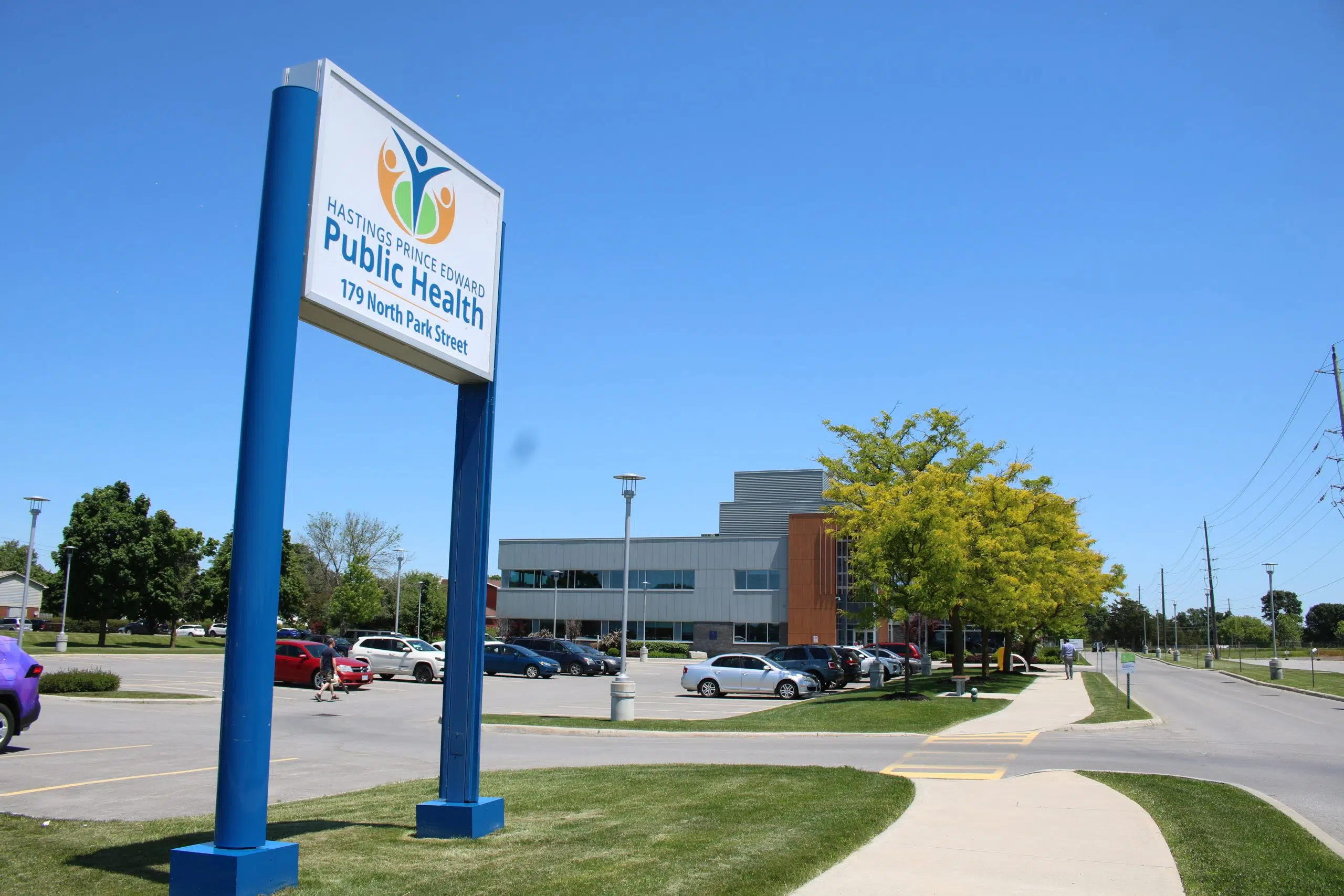Hastings Prince Edward Public Health Unit is asking the public to be vigilant to prevent drug poisonings over the holiday season.
In November, a press conference was held by major community partners in Belleville after a week in which Hastings Quinte Paramedics responded to an alarming 90 opioid-related calls in a week.
On average, paramedics respond to about five to ten calls in a week.
Those who do take drugs are asked to take the following steps:
- Avoid mixing drugs.
- Try a small amount first.
- Never use alone.
- Don’t share drug use equipment as it could be contaminated with other drugs.
- Have at least one naloxone kit on hand. A single dose may not be enough to reverse an overdose resulting from contaminated drugs.
If you have to take drugs alone, HPEPH asks you use an overdose prevention service such as the National Overdose Prevention Services by calling 1-888-688-NORS (6677).
HPEPH also relayed the following tips:
You can help! Seek support and harm reduction services for yourself or others.
If you or someone you know is struggling with drug use and would like support, visit HPEPH’s Getting Help page. To protect yourself and others, be aware of the signs of an opioid overdose and pick up a free naloxone kit. Naloxone is available at many local locations, including pharmacies. For a list of locations where naloxone is available, visit hpepublichealth.ca/safer-drug-use.
You can help! Call for medical assistance.
An overdose is a medical emergency. Anyone who suspects or witnesses an overdose should call 911. The Good Samaritan Drug Overdose Act provides some legal protection against simple drug possession charges for anyone who experiences, witnesses, or responds to an overdose and calls 911.
You can help! Report an overdose.
Individuals who witness an overdose in the community can report the event to HPEPH, by completing our online Overdose Reporting tool. This tool is completely anonymous and information is provided to Public Health Nurses to help ensure harm reduction services are available to those who need them most.






